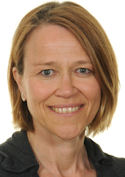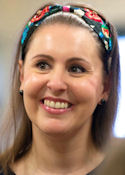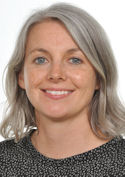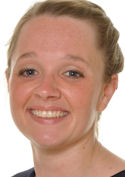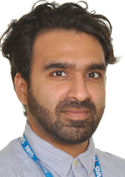Consultant Clinical Geneticists and Research Genetic Counsellor
Some craniofacial conditions are caused by an alteration in one of the genetic instructions. The Clinical Genetics Team provides advice on diagnosis, on the implications as regards to having further children, and on the availability of genetic tests for the conditions involved.
In addition Prof Wilkie directs a laboratory where research is undertaken to identify new genetic causes in those children for whom a genetic link is suspected, but the NHS testing has given normal results.
